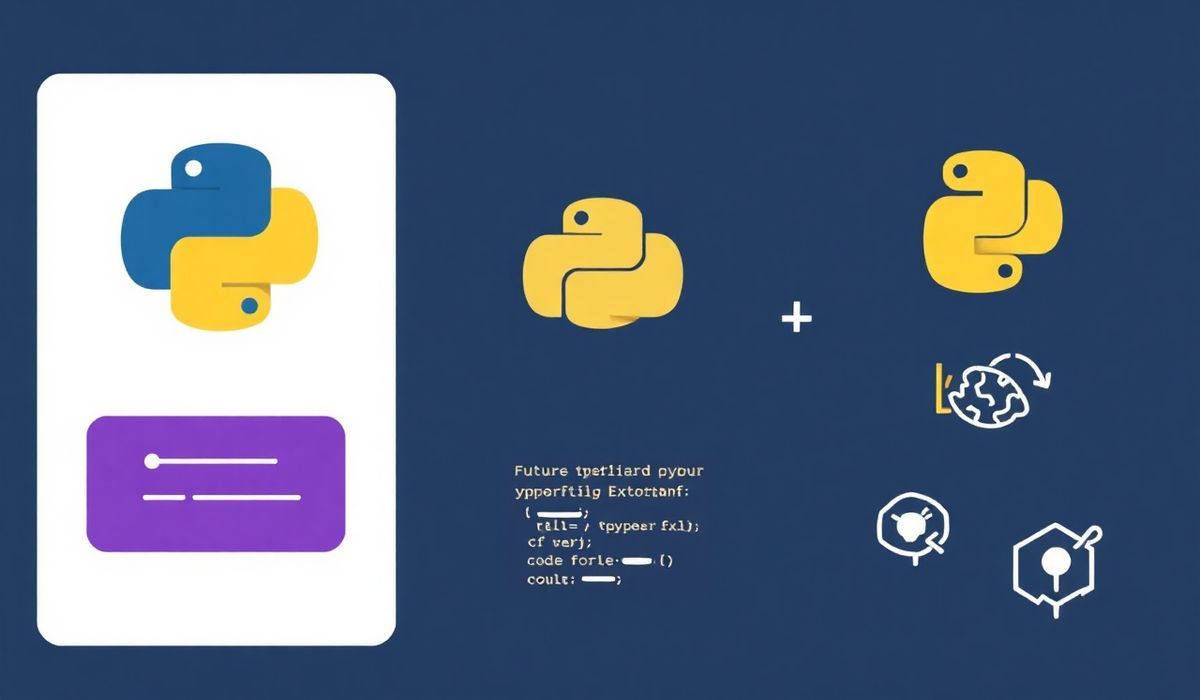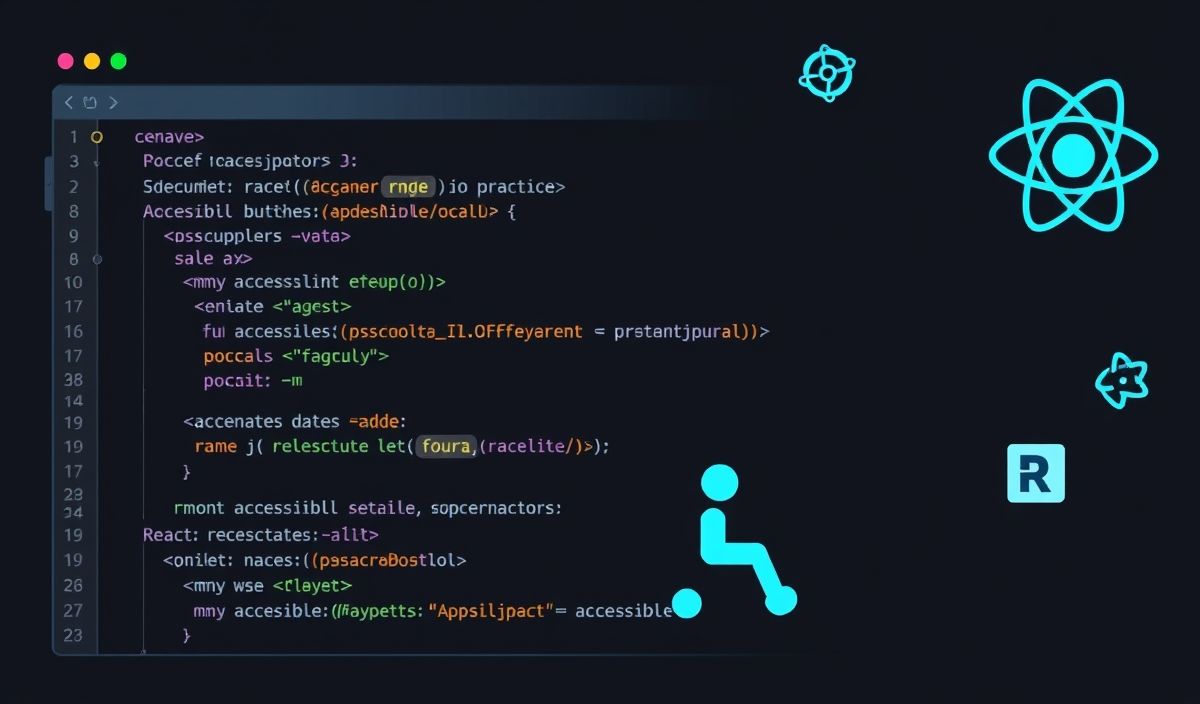Unlocking the Power of Python Typing Extensions for Robust Code
Python’s type hinting, introduced in PEP 484, has transformed the way developers write and maintain their Python codebases. While the typing module provides many capabilities, the typing-extensions library takes type hinting to the next level, bridging the gap between experimental features and future Python releases. In this post, we’ll explore how typing-extensions empowers developers with advanced types, and provide practical examples to jumpstart your journey.
What is typing-extensions?
typing-extensions is an external library that serves as a backport of new typing features from Python’s standard library. It allows developers to use cutting-edge typing tools, even in earlier Python versions. This library becomes a crucial ally when prototyping or adopting bleeding-edge type hints, ensuring backward compatibility.
Dozens of Useful APIs in typing-extensions
Below is an overview of some of the most powerful features provided by typing-extensions, complete with succinct code snippets to help you integrate them into your projects.
1. Literal
The Literal type allows you to specify a set of concrete values that a variable can take, ensuring stricter validation of inputs.
from typing_extensions import Literal
def set_mode(mode: Literal["read", "write", "execute"]) -> None:
print(f"Mode set to: {mode}")
set_mode("read") # ✅
set_mode("delete") # ❌ Invalid input
2. TypedDict
Use TypedDict for dictionaries with a fixed structure, great for ensuring schema validation.
from typing_extensions import TypedDict
class User(TypedDict):
name: str
age: int
is_admin: bool
user: User = {"name": "Alice", "age": 30, "is_admin": True}
3. Final
Mark variables or methods as final to prevent re-assignment or overriding.
from typing_extensions import Final API_URL: Final = "https://example.com/api" API_URL = "https://malicious.com" # ❌ Reassignment is disallowed
4. Protocol
Protocols define structural subtyping, allowing duck-typed interfaces to be type-checked.
from typing_extensions import Protocol
class Greetable(Protocol):
def greet(self) -> str:
...
class Person:
def greet(self) -> str:
return "Hello!"
def say_hello(entity: Greetable) -> None:
print(entity.greet())
say_hello(Person()) # ✅
5. Annotated
Annotated combines type hints with metadata, useful for validation purposes.
from typing_extensions import Annotated
def process_age(age: Annotated[int, "must be non-negative"]) -> None:
if age < 0:
raise ValueError("Age must be non-negative")
print(f"Processing age: {age}")
6. Concatenate
Define callable signatures with both positional and keyword arguments.
from typing_extensions import Concatenate, Protocol
class CallableWithName(Protocol):
def __call__(self, name: str, /) -> str:
...
def greet_user(func: CallableWithName) -> None:
print(func("Alice"))
def greeter(name: str) -> str:
return f"Hey {name}!"
greet_user(greeter) # ✅
App Example
Let’s build an application that uses these features to create a type-safe configuration system:
from typing_extensions import TypedDict, Literal, Annotated
class Config(TypedDict):
mode: Literal['dev', 'prod']
retry_limit: Annotated[int, "Must be ≥ 0"]
def validate_and_run(config: Config) -> None:
if config['retry_limit'] < 0:
raise ValueError("retry_limit cannot be negative")
if config['mode'] == 'dev':
print("Running in development mode")
else:
print("Running in production mode")
app_config: Config = {
"mode": "dev",
"retry_limit": 3
}
validate_and_run(app_config)
This example combines TypedDict, Literal, and Annotated for a simple and elegant configuration-driven implementation.
Conclusion
The typing-extensions library expands the boundaries of Python's type hints, making it a fantastic choice for developers looking to write robust, maintainable code. Whether building a new application or maintaining an existing one, incorporating typing-extensions ensures a future-proof and type-safe approach. Explore this library and its versatile APIs to level up your Python development!



